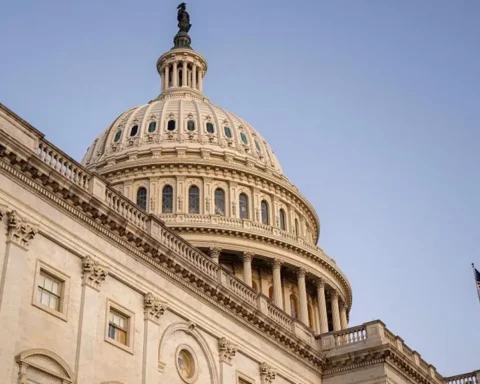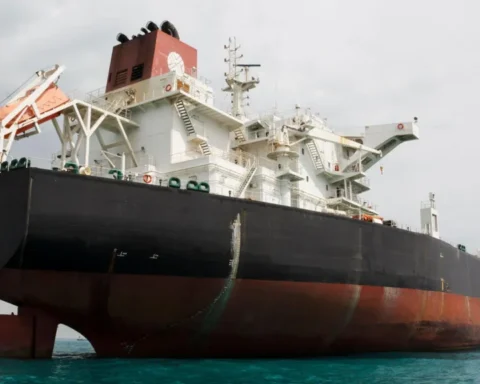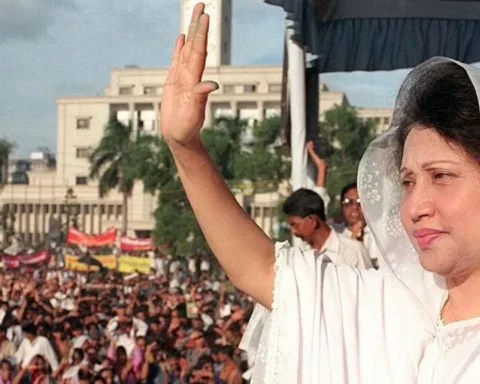The increasingly isolated president will meet his Turkish and Iranian counterparts in Tehran to discuss Syria as the East-West divide deepens.
Tehran, Iran – Russia’s President Vladimir Putin is expected to meet his Iranian counterpart Ebrahim Raisi in Tehran on Tuesday.
The meeting, which will include Turkey’s President Recep Tayyip Erdogan, will take place in the trilateral “Astana format” aimed at resolving differences in Syria, but there is much more at stake as war rages in Ukraine.
What’s the situation in Syria?
The Tehran summit takes place as tensions simmer with Turkey on one side of an argument, and Russia and Iran on the other. On June 1, Turkey announced it will soon launch a new military operation in at least two northern Syrian cities to target what it calls “terrorist” Kurdish armed groups.
Russia and Iran are the two largest backers of the government of Syrian President Bashar al-Assad, who has maintained power throughout his country’s civil war, which began more than 10 years ago.
As Erdogan spoke of establishing a 30km (18.5 miles) “security zone” by “cleaning up” the two cities of Tal Rifaat and Manbij, Moscow and Tehran called on Ankara to refrain from new attacks.
Washington also opposes Ankara’s planned move.
Recently, Erdogan tested his leverage in NATO in an attempt to strengthen his position on Kurdish fighters in Syria.
In late June, he ultimately dropped his opposition to Finland and Sweden joining the alliance after the Nordic nations agreed to stop supporting Kurdish armed groups and extradite dozens of individuals that Turkey considers “terrorists”.
Where do Turkey and Iran stand on Ukraine?
This is a rare foreign trip for Putin, who in February launched a “special operation” with a stated aim of demilitarising neighbouring Ukraine and thwarting Kyiv’s NATO ambitions.
Erdogan has played a delicate balancing act during the Russia-Ukraine war. Turkey, which has voiced support for Ukraine while opposing the scope of Western sanctions on Russia, has tried to mediate between Moscow and Kyiv with the goal of reaching a ceasefire agreement.
But at the same time, it has sold its Bayraktar combat drones to Ukraine, which have been used in the war, angering Russia. Turkey had also opposed Russia’s annexation of Crimea in 2014.
Ankara, however, has in recent years forged close ties with Russia on energy, defence and trade while also relying on Russian tourists.
Meanwhile, Iran has refused to condemn Russia for invading Ukraine and blamed NATO’s expansion as the root of the conflict, but has opposed the war and called for dialogue to stop the fighting.
It has also relayed messages between Ukraine and Russia several times.
Does Iran want to sell drones to Russia?
Putin’s visit comes after United States national security adviser Jake Sullivan claimed last week that Iran wants to sell “hundreds” of armed drones to Russia to be used in the war in Ukraine.
CNN reported that a Russian delegation visited an airbase in central Iran at least twice in the past month, where they saw a showcase of two models of weapons-capable Iranian drones.
The Kremlin has refused to comment on the issue, but Tehran has explicitly denied the accusation, saying it will not militarily assist either side of the conflict as it wants the war to end.
Giorgio Cafiero, head of the Washington, DC-based geopolitical risk consultancy firm Gulf State Analytics, said it would be “unprecedented” if Iran were to export that many drones, and that the US claim should be viewed with a “healthy degree of scepticism”.
“Iran lacks experience exporting that many drones to another state, which should also cause one to question the validity of Sullivan’s assertion,” he told Al Jazeera.






